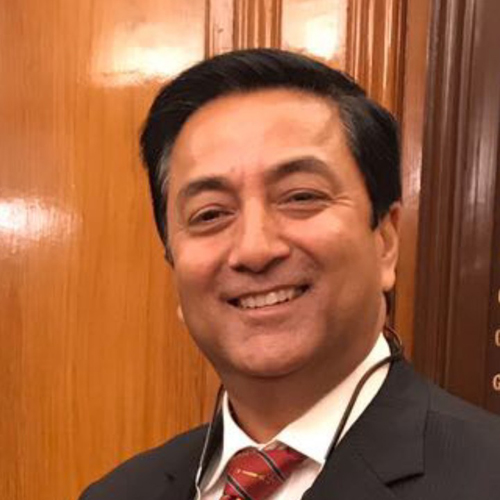Opinion
Moving with the times
Nepal’s security forces should be expanded and diversified to meet new challenges
Binoj Basnyat
Changing global and regional trends demand that Nepal create a security framework and overhaul the security sector by restructuring security forces and identifying other agencies that are essential to address threats and challenges. The country faces multifaceted challenges with US significance in the Asia Pacific and the recent signing of the One Belt One Road (OBOR) Initiative, a Chinese agenda which India distrusts. China and the US have a very well developed and vital relationship, while India and the US are building a strategic relationship.
The common history of China and India goes back thousands of years, and the ties between the two countries are comprehensive and immensely important—not just for Nepal, but for the whole of Asia Pacific.
Marred by dispute
The good relationship between India and China was marred by a border dispute in 1962 that led to suspicion and competition. Both countries have invested in confidence building measures, but the boundary question remains unresolved. The latest talks between the presidents of our two neighbours were related to terror, trade and strategic ties, but challenges lie ahead like the border dispute, relationship with Pakistan and the South China Sea. Trade between the two has increased phenomenally and China has made large investments in India. In the 1950s and 1960s, India and the US engaged in covert operations against China. This led to a political decision to deploy the Nepal Army in what is known as the Khampa Operation.
Nepal has seen a decade-long Maoist conflict and the subsequent peace processs lasted as many years. The country needs to learn from the force arrangement of other countries. The national forces must be able to achieve the desired effect in a specific operating environment. This can be defined by three factors—operational readiness, sustainable capability or modernisation and structure of the force and compatibility. The security forces should be divided into five categories and be under separate political control—the Army and the paramilitary force under the Defence Ministry, homeland safekeeping and customs and border security under the Home Ministry, the intelligence force under the head of government, law enforcement force under the federal government, and emergency forces under local political units.
Rebalance, reassure, reform
The Army, special forces command and border security paramilitary forces need to be fashioned under the defence arrangement. They must be defensive in capabilities and aggressive in character in times of emergencies. The Army with strike and holding formations, and the formations with mountain and plains forces can be considered. Air defence and anti tank forces have to be reinforced. The area of expertise and career planning should be separated for combat forces, combat support and combat service support. The training and education of new recruits should make them competent for international operations. A women corps with a choice of specialties will complement the army.
Civil security forces or law enforcement forces require a central police force, customs and border police force under separate commands and training. The top priority of the customs and border force will be to keep terrorists out of the country by enforcing all applicable Nepali laws, including those against illegal immigration, migration, narcotics, smuggling and illegal importation. A federal force set up with separate specialties and commands will maintain law and order. The municipality and local political organisations should be equipped with effective fire fighting and emergency responders and components to protect the people.
An intelligence bureau with cipher capabilities should be set up separate from the defence intelligence agency under the head of government. Intelligence for revenue collection, income tax collection, tax investigation, narcotics control and anti-terrorism activities should be gathered under transparent laws and by respecting individual rights. The bureau should work for the country’s interest and be supported by enacting the necessary laws. Communication and exchange of information among security agencies will play a crucial part in the success of any mission.
Nepal’s national security arrangements are strengthened by a number of organisations working across areas such as finance, diplomacy, defence, development, border protection, law enforcement and intelligence. There have been momentous proceedings in recent years to build greater association and interoperability across the national security community. However, increasingly complicated national security threats and other tasks necessitate an even more reliable and interrelated method of capability planning that complements the existing individual agency arrangements. Events in Asia Pacific are related to Chinese, Indian and US relationships and interests, but they have a direct bearing on Nepal. Geopolitics requires a review of Nepal’s security policy to rebalance, reassure and reform the security sector in order to strengthen Nepal-China-India ties.
Basnyat is a political and security analyst and a retired Army Major General




 9.7°C Kathmandu
9.7°C Kathmandu










